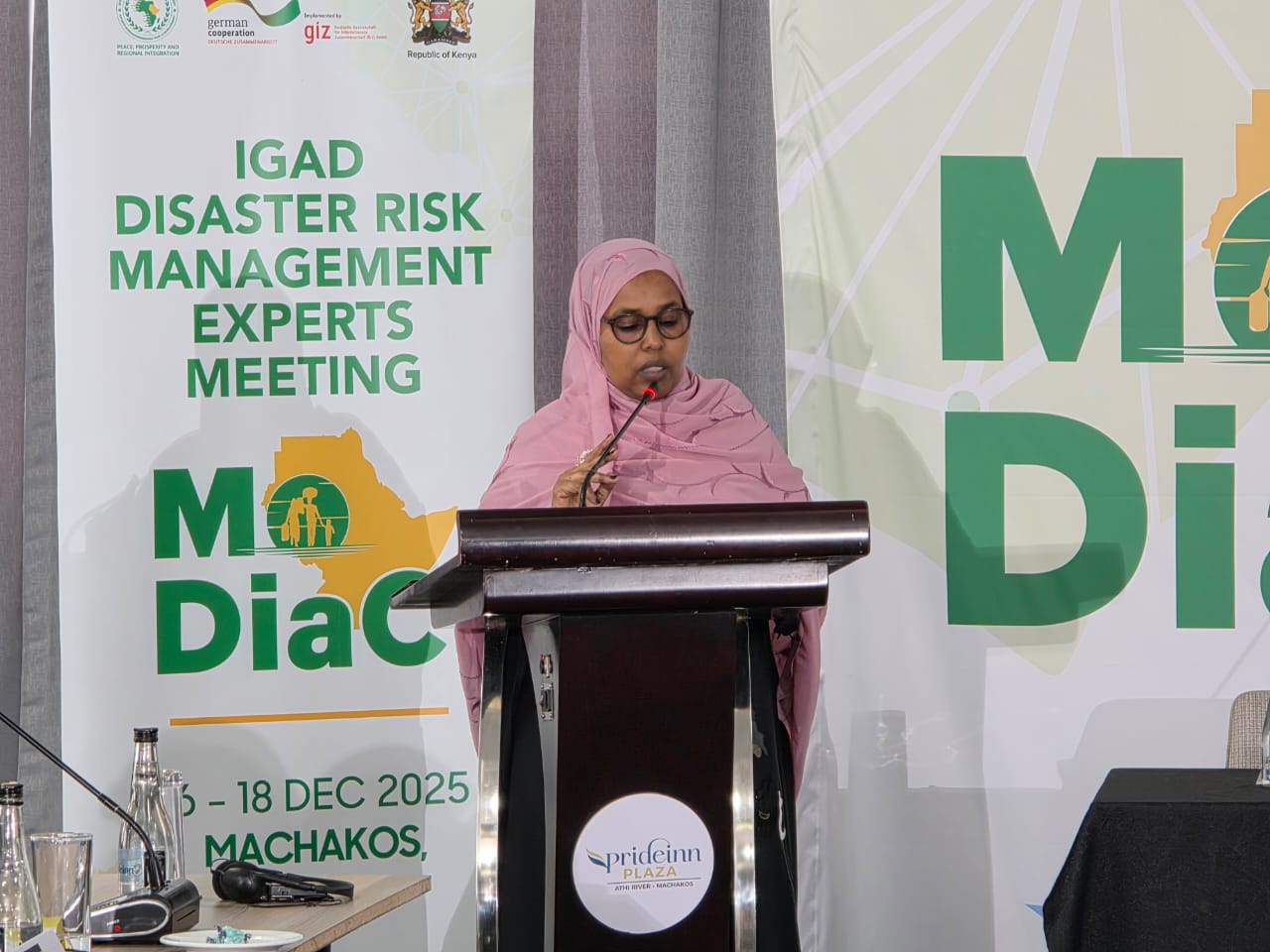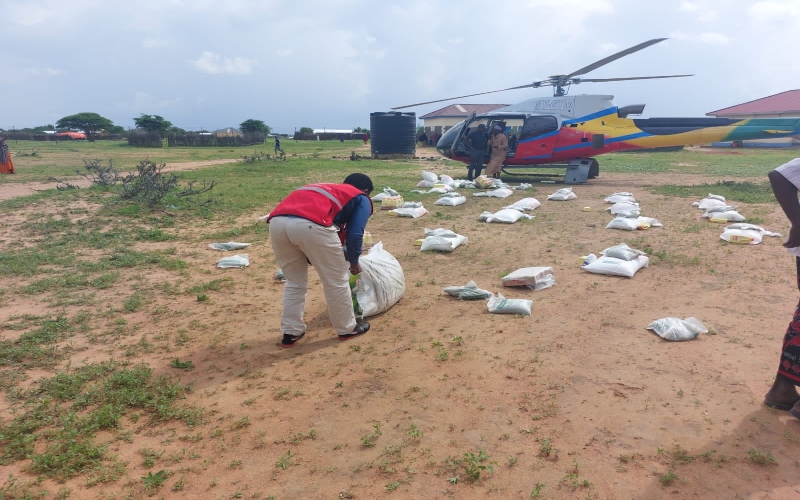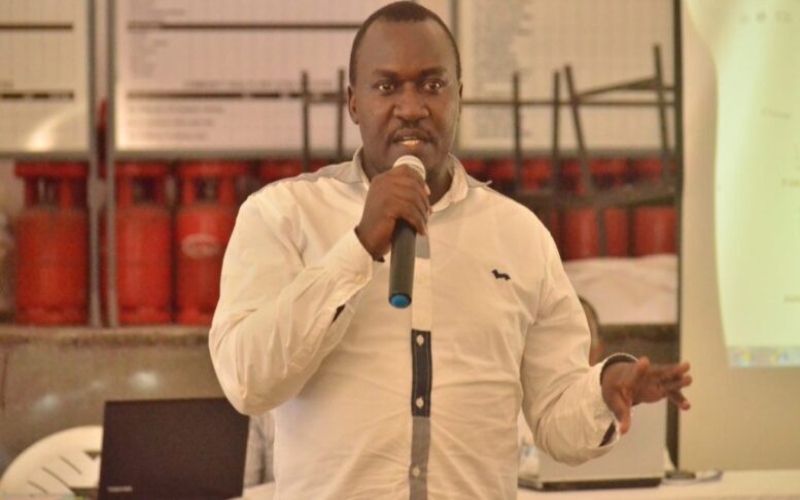Kenya's economic progress highlighted at IMF meeting in Washington

The discussions at the IMF meeting underscore Kenya’s commitment to economic reform and resilience in the face of ongoing challenges.
Treasury Cabinet Secretary John Mbadi, alongside Principal Secretary Chris Kiptoo and Central Bank Governor Kamau Thugge, met with International Monetary Fund (IMF) officials on Tuesday during the World Bank and IMF annual summit.
The delegation provided a comprehensive update on Kenya’s economic reforms and progress under its IMF-supported program.
More To Read
- FAO index shows decline in global food prices, except cereals
- World Bank warns political interference weakening Kenya’s state-owned enterprises
- Treasury CS John Mbadi defends ballooning State House budget
- Ruto backs IMF partnership as key to Kenya’s debt, economic reforms
- KNBS data shows uneven food price shifts as inflation dips slightly
- World Bank upgrades Kenya’s growth outlook to 4.9 per cent, warns of elevated risks
In his address, CS Mbadi acknowledged the economic challenges that have plagued the country, including inflation, currency depreciation, and rising public debt.
However, he expressed optimism about Kenya's recovery trajectory, noting significant interventions initiated by President William Ruto’s administration.
"Kenya is on the path to recovery," Mbadi asserted, highlighting the administration's commitment to fiscal consolidation and economic recovery.
The Cabinet Secretary pointed out key reforms in agriculture, housing, healthcare, and the digital economy, which he reported have started yielding positive results.
"The economy grew by 5.6 per cent in 2023, up from 4.9 per cent the previous year," Mbadi stated, forecasting growth of 5.2 per cent in 2024 and 5.4 per cent in 2025.
KENYA SHOWCASES ECONOMIC RESILIENCE AND FISCAL REFORMS AT IMF/WBG MEETINGS.
— The National Treasury & Economic Planning (@KeTreasury) October 22, 2024
The National Treasury and Economic Planning Cabinet Secretary, CPA Hon. John Mbadi, Principal Secretary Dr. Chris Kiptoo, and Central Bank Governor Dr. Kamau Thugge engaged in critical discussions with… pic.twitter.com/7mHVrsJCil
Despite these achievements, Mbadi acknowledged ongoing fiscal challenges, including a revenue shortfall of Sh29.6 billion projected by August 2024. He attributed this to delays in implementing critical reforms and outlined the government's revised fiscal framework aimed at reducing the deficit to below 3 per cent of the Gross Domestic Product (GDP).
The government is also focused on enhancing domestic revenue collection and improving tax administration, particularly through the automation of processes at the Kenya Revenue Authority (KRA).
"We are prioritising proper spending and public expenditure while implementing reforms in state-owned enterprises and public-private partnerships to alleviate fiscal pressures," Mbadi explained.
During the meeting, Governor Kamau Thugge detailed measures taken by the Central Bank to address inflation and stabilise the exchange rate.
He revealed that the Monetary Policy Committee had raised the Central Bank Rate to 13 per cent in early 2024, later adjusting it to 12.75 per cent in August as inflationary pressures subsided.
Thugge reported a decrease in inflation to 3.6 per cent by September 2024, down from 6.8 per cent the previous year, and noted a significant appreciation of the Kenyan Shilling, which stabilised between Sh128 and Sh131 per US dollar, compared to Sh160.8 in January 2024.
He also emphasised the strength of Kenya’s foreign exchange reserves, currently standing at $7.97 billion, boosted by a 17 per cent increase in remittances from the diaspora.
"These reserves provide critical support for import cover and act as a buffer against short-term economic shocks," Thugge remarked.
The discussions at the IMF meeting underscore Kenya’s commitment to economic reform and resilience in the face of ongoing challenges.
Top Stories Today












































